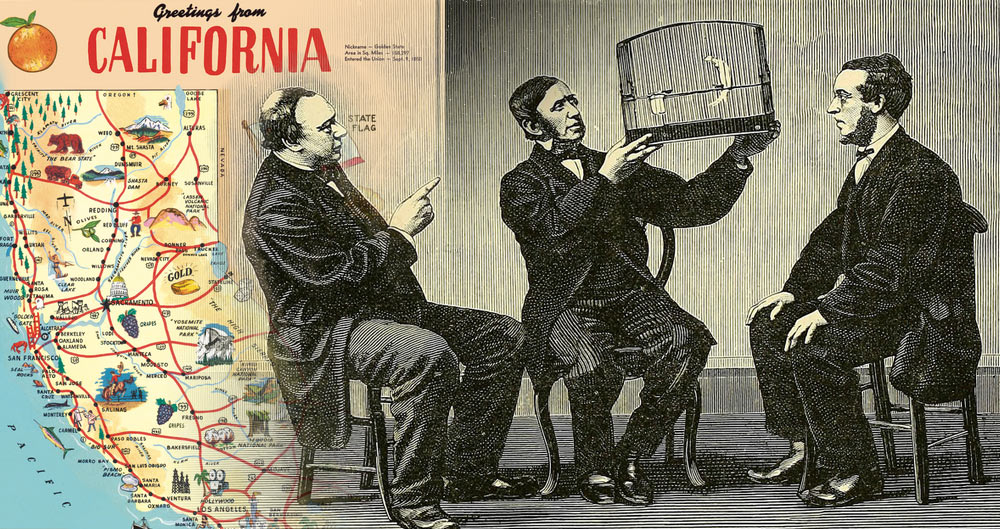Whenever a new panic runs through corporate media and the grapevine — and especially when the lesson is supposed to be ‘we’ve gotta do something!’ — it is time to slow down. And look at the facts.
The opioid crisis is one of those panics.
The almost immediate reaction from politicians has been to point their quivering fingers at doctors and drug companies on the theory that doctors have been over-prescribing opiates, instigated by pharmaceutical companies.
Seems a ‘round up the usual suspects’ approach to public health.
Now there appears to be good research to back up our skepticism. According to Cato’s Jeffrey A. Singer, recent studies show “there is no correlation between opioid prescription volume and non-medical use or opioid use disorder among persons age 12 and over.” Nevertheless, Dr. Singer notes, “policymakers and law enforcement continue to pressure health care practitioners into undertreating patients in pain.”
An under-treatment result is scarier, to me, than the desperate and dangerous self-medication problem that must lie at the core of the crisis we read about. Patients in too much pain because doctors are afraid of government harassment are pushed to unsupervised pain management . . . which looks an awful lot like a simple description of the opioid crisis itself.
Singer provides confirmation of an unintended effect: the fentanyl and heroin overdose rate “continues apace” even as the opioid prescription volume plummets.
“At a recent international breast cancer conference experts stated the under-prescribing of opioids to breast cancer patients in the U.S. is now comparable to treatment in third world countries,” warned Singer.
One word: yikes.
I am tempted to define today’s politics itself as a kind of pain mismanagement.
This is Common Sense. I’m Paul Jacob.

—
See all recent commentary
(simplified and organized)










